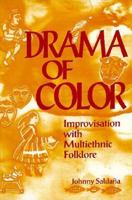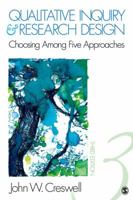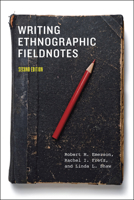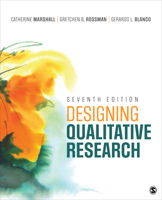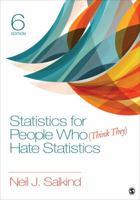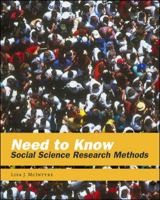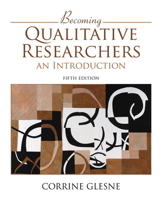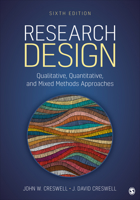The Brewster Genealogy, 1566-1907; a Record of the Descendants of William Brewster of the Mayflower, Ruling Elder of the Pilgrim Church Which Founded Plymouth Colony in 1620; Volume 1
Select Format
Select Condition 
You Might Also Enjoy
Book Overview
This work has been selected by scholars as being culturally important, and is part of the knowledge base of civilization as we know it.
This work is in the "public domain in the United States of America, and possibly other nations. Within the United States, you may freely copy and distribute this work, as no entity (individual or corporate) has a copyright on the body of the work.
Scholars believe, and we concur, that this work is important enough to be preserved, reproduced, and made generally available to the public. We appreciate your support of the preservation process, and thank you for being an important part of keeping this knowledge alive and relevant.
Format:Paperback
Language:English
ISBN:0813512778
ISBN13:9780813512778
Release Date:January 1987
Publisher:Rutgers University Press
Length:575 Pages
Weight:1.85 lbs.
Dimensions:1.4" x 6.0" x 9.0"
Age Range:18 years and up
Grade Range:Postsecondary and higher
Related Subjects
Archaeology Colonialism Racism Americas Ancient Cultural Egypt Europe Greece HistoryCustomer Reviews
10 customer ratings | 5 reviews
There are currently no reviews. Be the first to review this work.














